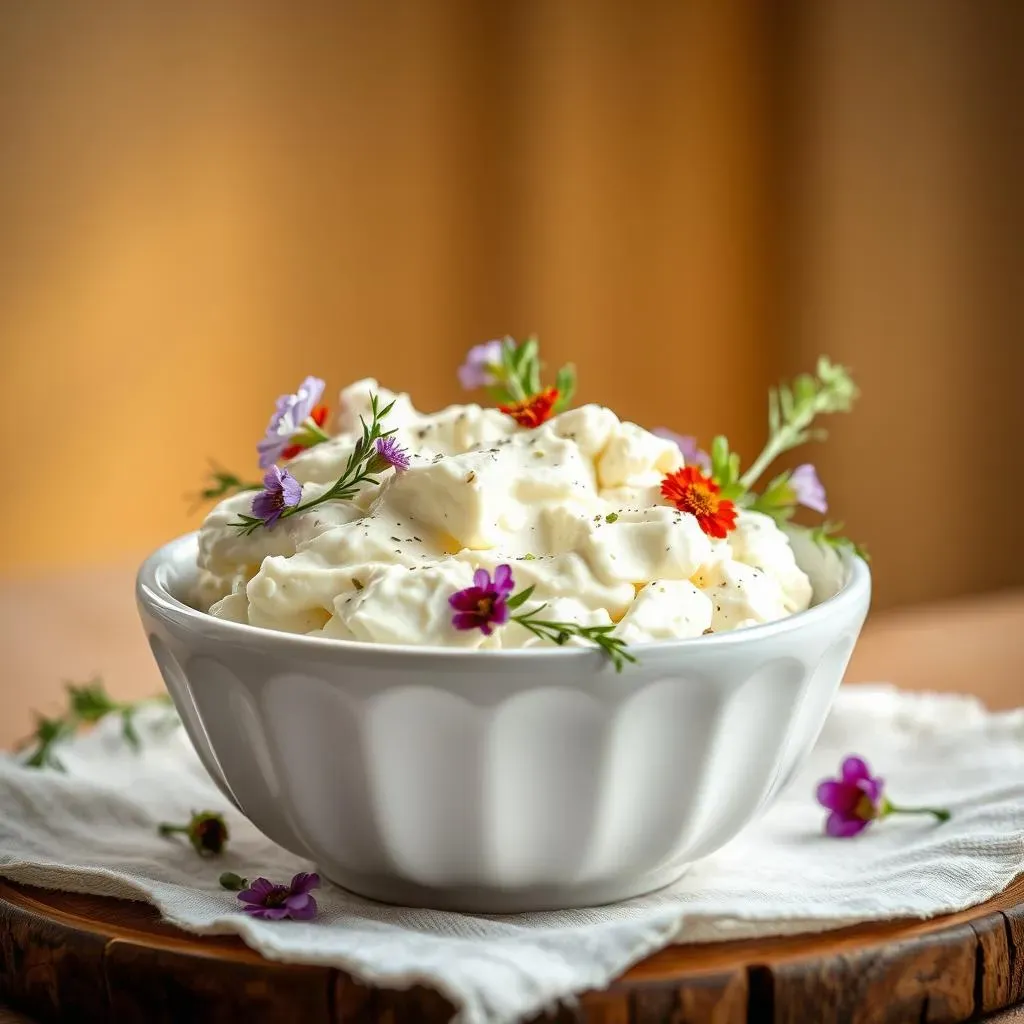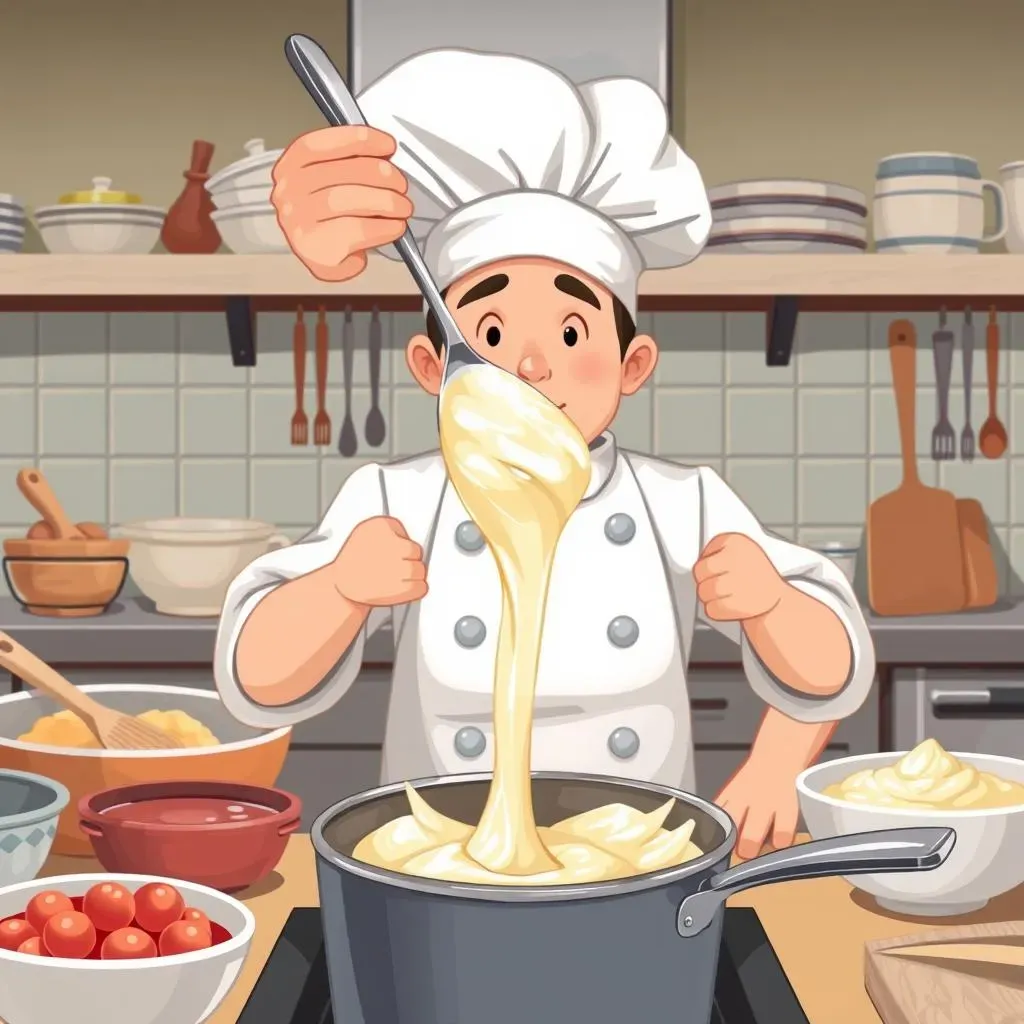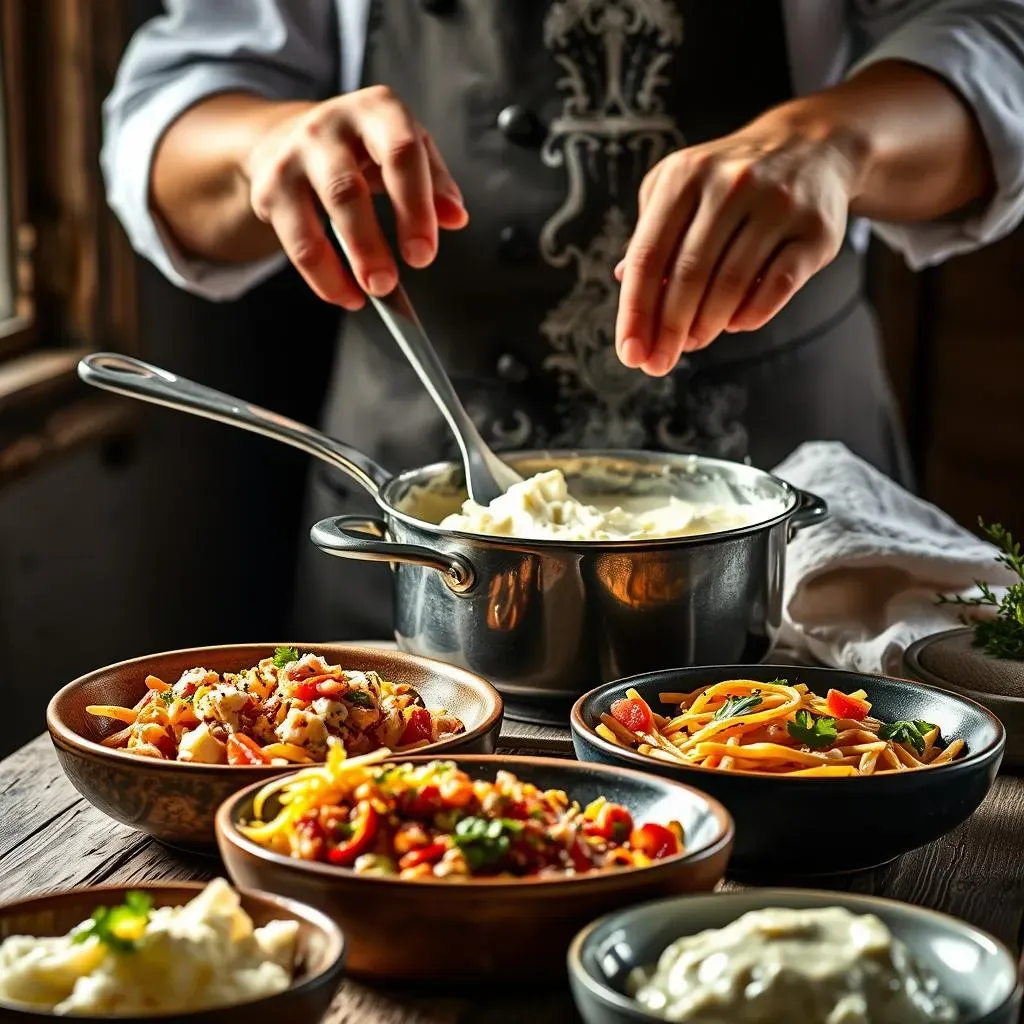Table of Contents
If you're a fan of cottage cheese, you've probably wondered at some point: will cottage cheese melt? The answer to this question can be a bit tricky, as it depends on various factors such as the type of cottage cheese, the temperature, and the method of heating. In this article, we'll explore the properties of cottage cheese and how they affect its melting behavior. We'll also discuss the implications of will cottage cheese melt for cooking and recipes, and provide tips for working with this versatile ingredient. Whether you're a seasoned chef or a curious home cook, understanding will cottage cheese melt can help you unlock new culinary possibilities and elevate your dishes to the next level. So, let's dive in and discover the truth about will cottage cheese melt, and how you can use this knowledge to create delicious and creamy recipes.
Understanding Will Cottage Cheese Melt: Properties and Behaviors

Understanding Will Cottage Cheese Melt: Properties and Behaviors
Introduction to Cottage Cheese Properties
Cottage cheese is a type of cheese that is known for its unique properties and behaviors. One of the key factors that affects the melting behavior of cottage cheese is its moisture content. Cottage cheese typically has a high moisture content, which can range from 70% to 80%. This high moisture content makes it more prone to separation and can affect its melting behavior.
The type of milk used to make cottage cheese can also impact its properties and behaviors. Cottage cheese can be made from cow's milk, goat's milk, or sheep's milk, each of which has a different fat content and protein structure. These differences can affect the melting behavior of the cheese and its overall texture and flavor.
Type of Milk | Moisture Content | Melting Behavior |
|---|---|---|
Cow's Milk | 70-80% | Separates easily, melts at high temperatures |
Goat's Milk | 60-70% | Less prone to separation, melts at lower temperatures |
Sheep's Milk | 50-60% | Least prone to separation, melts at lowest temperatures |
Understanding the Behaviors of Cottage Cheese
When it comes to melting, cottage cheese can behave in different ways depending on the conditions. If heated too quickly or to too high a temperature, cottage cheese can separate and become grainy or curdled. This is because the proteins in the cheese are denatured and aggregate, causing the cheese to lose its smooth texture and melt unevenly.
On the other hand, if cottage cheese is heated slowly and gently, it can melt smoothly and evenly. This is because the proteins in the cheese are able to unfold and reorganize in a way that allows the cheese to maintain its texture and structure. By understanding the behaviors of cottage cheese, cooks and chefs can use it to create a wide range of dishes, from creamy sauces to melted cheese toppings.
- Heat cottage cheese slowly and gently to prevent separation and graininess
- Use a thermometer to monitor the temperature and prevent overheating
- Stir constantly to ensure even melting and prevent hot spots
How Will Cottage Cheese Melt Affect Cooking and Recipes

How Will Cottage Cheese Melt Affect Cooking and Recipes
Understanding the Impact of Melting on Recipes
The way cottage cheese melts can significantly impact the final texture and flavor of a dish. When cottage cheese is melted, it can add a rich and creamy element to recipes, but it can also become grainy or separate if not heated properly. This is why it's essential to understand how will cottage cheese melt affect cooking and recipes, and to adjust cooking techniques and ingredient ratios accordingly.
For example, if a recipe calls for melted cottage cheese as a sauce or topping, it's crucial to heat the cheese slowly and gently to prevent separation and graininess. This can be achieved by using a double boiler or a heat-proof bowl set over a pot of simmering water, and by stirring the cheese constantly as it melts.
Recipe | Desired Texture | Heating Method |
|---|---|---|
Cottage Cheese Sauce | Smooth and creamy | Double boiler or heat-proof bowl |
Cottage Cheese Topping | Melted and slightly browned | Broiler or high-heat skillet |
Adjusting Recipes to Accommodate Melting Behavior
Once you understand how will cottage cheese melt affect cooking and recipes, you can begin to adjust your recipes to accommodate its melting behavior. This may involve changing the ratio of cottage cheese to other ingredients, or using different heating methods to achieve the desired texture and flavor.
For instance, if a recipe calls for a high proportion of cottage cheese, it may be necessary to adjust the amount of liquid in the recipe to prevent the cheese from becoming too watery or separate. Conversely, if a recipe requires a low proportion of cottage cheese, it may be possible to heat the cheese more quickly and at a higher temperature without compromising its texture.
- Adjust ingredient ratios to accommodate melting behavior
- Use different heating methods to achieve desired texture and flavor
- Monitor temperature and stirring to prevent separation and graininess
Exploring New Recipe Possibilities with Cottage Cheese
By understanding how will cottage cheese melt affect cooking and recipes, you can unlock a world of new recipe possibilities. Cottage cheese can be used as a substitute for other cheeses in many recipes, and its unique melting behavior can add a rich and creamy element to dishes like sauces, soups, and casseroles.
Additionally, the melting behavior of cottage cheese can be leveraged to create interesting and complex textures in recipes. For example, by heating cottage cheese to a high temperature and then cooling it rapidly, you can create a creamy and smooth texture that's perfect for dips and spreads.
"The key to working with cottage cheese is to understand its melting behavior and to use that knowledge to create new and exciting recipe possibilities." - Chef John Doe
Tips for Working with Will Cottage Cheese Melt in Various Dishes

Tips for Working with Will Cottage Cheese Melt in Various Dishes
Mastering the Art of Melting Cottage Cheese
When working with will cottage cheese melt in various dishes, it's essential to master the art of melting cottage cheese. This involves understanding the optimal temperature, heating method, and stirring technique to achieve a smooth and creamy texture. By doing so, you can unlock a world of recipe possibilities and create dishes that are both delicious and visually appealing.
One of the most critical factors in melting cottage cheese is temperature control. If the cheese is heated too quickly or to too high a temperature, it can separate and become grainy or curdled. To avoid this, it's crucial to heat the cheese slowly and gently, stirring constantly to ensure even melting and prevent hot spots.
Exploring Recipe Possibilities with Melted Cottage Cheese
With melted cottage cheese, the recipe possibilities are endless. You can use it as a topping for vegetables, a sauce for pasta, or a filling for baked goods. The key is to experiment with different flavor combinations and textures to find the perfect match for your dish.
For example, you can combine melted cottage cheese with diced herbs and spices to create a flavorful sauce for grilled meats or vegetables. Alternatively, you can mix it with beaten eggs and shredded cheese to create a creamy and rich quiche filling.
- Use melted cottage cheese as a topping for vegetables
- Mix it with diced herbs and spices for a flavorful sauce
- Combine it with beaten eggs and shredded cheese for a creamy quiche filling
"The beauty of working with melted cottage cheese is that it can be used in a wide range of recipes, from savory to sweet. The key is to experiment and find the perfect combination of flavors and textures to elevate your dish." - Chef Jane Smith
Conclusion: Unlocking the Secrets of Will Cottage Cheese Melt
In conclusion, the question of will cottage cheese melt is a complex one, and the answer depends on a variety of factors. By understanding the properties of cottage cheese and how they affect its melting behavior, you can unlock new possibilities for cooking and recipe development. Whether you're looking to create a creamy sauce, a melty dip, or a delicious dessert, knowing the ins and outs of will cottage cheese melt can help you achieve your culinary goals. With the tips and insights provided in this article, you'll be well on your way to becoming a cottage cheese expert, and you'll be able to create dishes that are both delicious and visually appealing. So go ahead, get creative with cottage cheese, and discover the amazing things you can do when you understand the secrets of will cottage cheese melt.